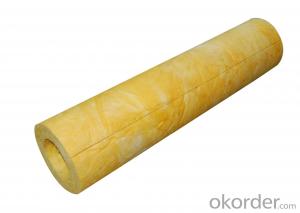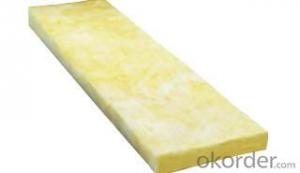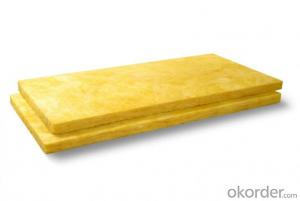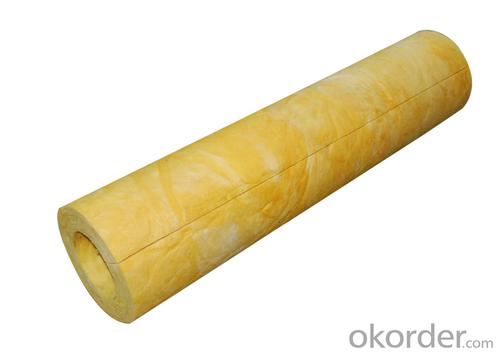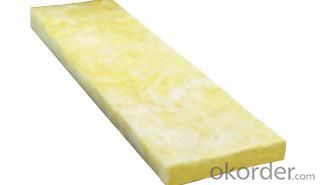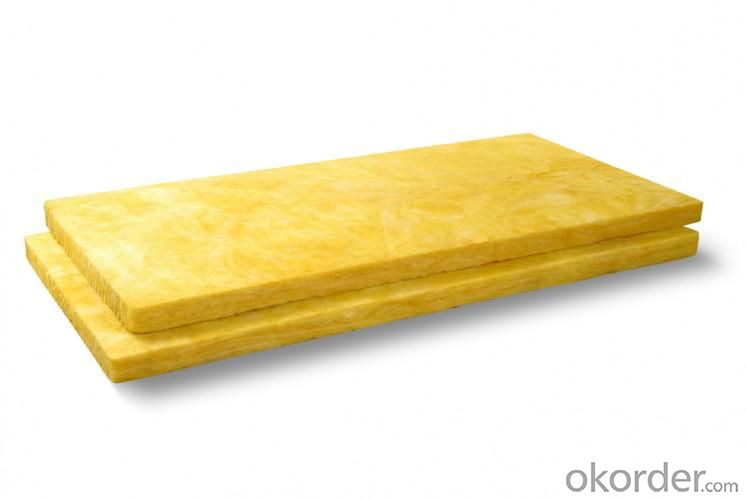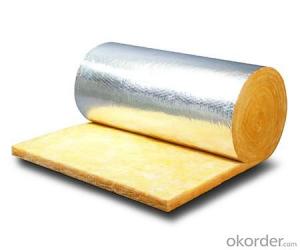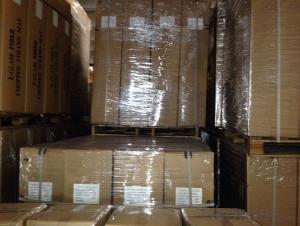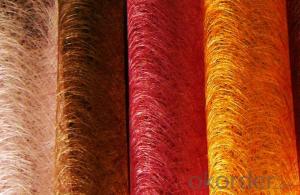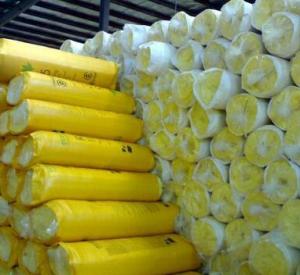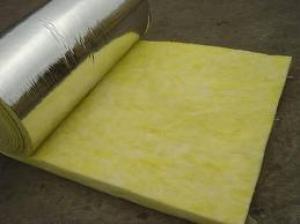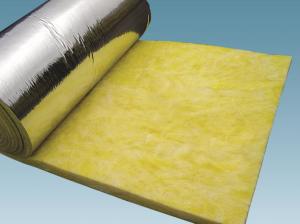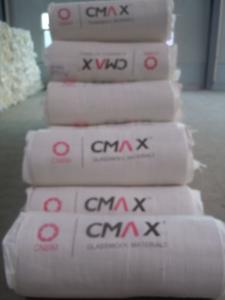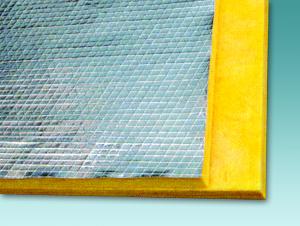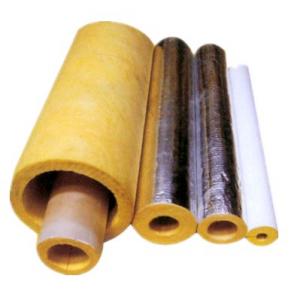Glass Wool Insulation Glass Wool Insulation Manufacturers
- Loading Port:
- Tianjin
- Payment Terms:
- TT OR LC
- Min Order Qty:
- 5000 m²
- Supply Capability:
- 20000 m²/month
OKorder Service Pledge
OKorder Financial Service
You Might Also Like
1.Description of Glass Wool Blanket:
Rockwool products have many practical uses; the following are some of the main fields:
In the Thermoacoustical field Rockwool is used for the insulation of buildings of all types and uses, such as houses, department stores, offices, athletic buildings, airports, etc.
In insulating industrial plants buildings and mechanical systems like:
Cooled stores.
Refineries.
Chemical and Petrochemical Plants.
Central Air conditioning.
Hot water and chilled water systems.
For industrial purposes, Rockwool is used in many industries as:
Industrial furnaces and ovens.
Boilers.
2.Main features of Glass Wool Blanket:
1) High temperature heat-stability, durability, high temperature shrinkage resistance
2) Damp proof property, with the hydrophobicity are not less than 98%
3) Excellent fire proof performance, European standard non-flammable class A material
4) Non-poison, not contain rock wool and doesn't grow the mould etc.
3.Glass Wool Blanket Images:
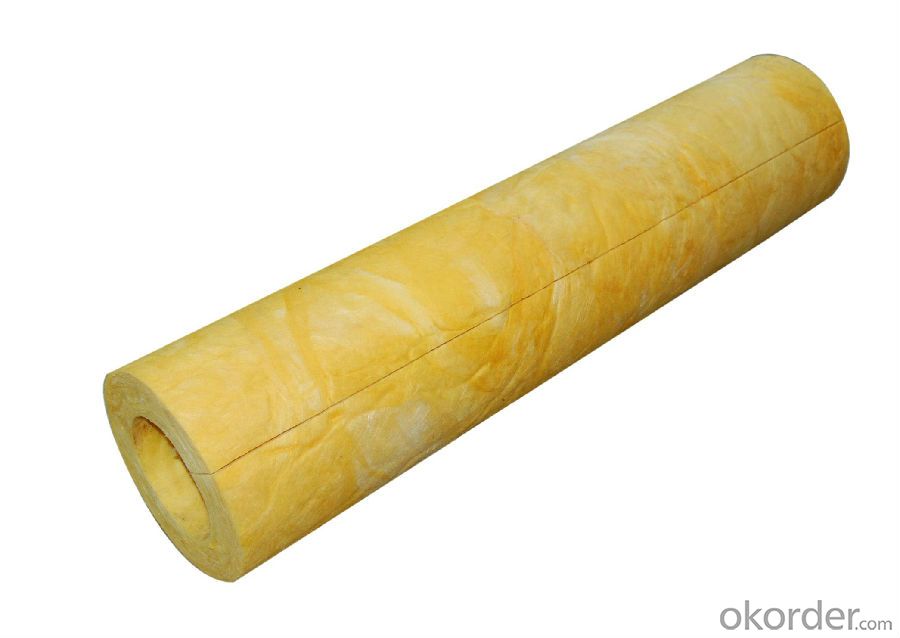
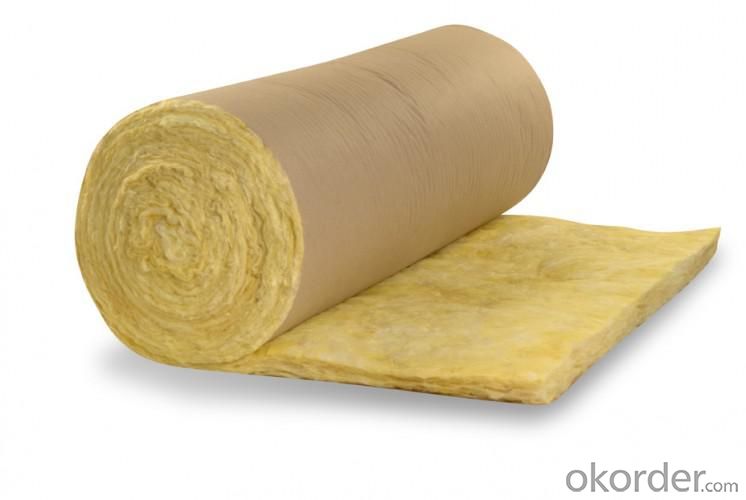
4. Glass Wool Insulation Blanket Technical Parameters:
Property | High/low temperature resistance, oil and fuel resistance, weathering resistance, O zone resistance etc. |
Shape | According to your requirement. |
Color | Any color is available ,according to your requirements. |
Material | NBR, CR, SBR, EPDM, IIR, NR, EP, Silicone, VITON etc. |
Hardness | 30-90ShoreA |
Delivery | In 10 days |
Packing | Plastic bag & carton box or according to your requirements. |
Application | Electronic field, industrial machine & equipment, house-hold appliance, telecommunication, automobile, medical equipment industry etc. |
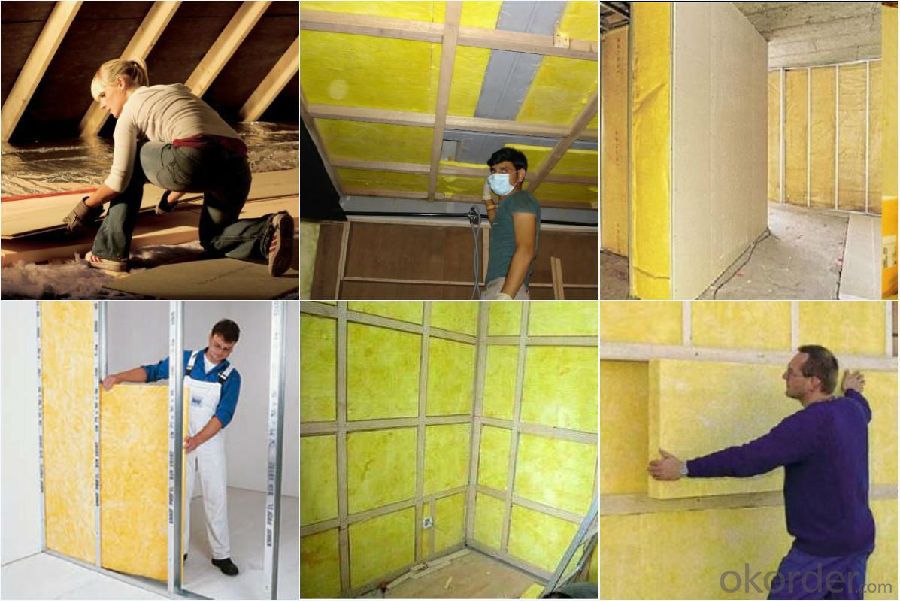

5.FAQ
We have organized several common questions for our clients,may help you sincerely:
①How about your company?
A world class manufacturer & supplier of Glass Wool Blanket is one of the large scale professional investment casting production bases in China,consisting of both casting foundry forging and machining factory. Annually more than 8000 tons Precision casting and forging parts are exported to markets in Europe,America and Japan. OEM casting and forging service available according to customer’s requirement.
②How to guarantee the quality of the products?
We have established the international advanced quality management system every link from raw material to final product we have strict quality test; We resolutely put an end to unqualified products flowing into the market. At the same time, we will provide necessary follow-up service assurance.
- Q: Can fiberglass mat tissue be used for repairing fiberglass structures?
- Yes, fiberglass mat tissue can be used for repairing fiberglass structures. It is commonly used in the construction and repair of fiberglass boats, car bodies, and other fiberglass structures. The mat tissue provides added strength and reinforcement to the damaged area, making it an effective solution for repairing fiberglass structures.
- Q: Can fiberglass mat tissue be used for flooring insulation?
- No, fiberglass mat tissue is typically not used for flooring insulation. It is more commonly used in applications such as roofing, wall insulation, and soundproofing. For flooring insulation, materials like foam, cellulose, or mineral wool are typically preferred.
- Q: Can fiberglass mat tissue be used for reinforcing fiberglass pools?
- Yes, fiberglass mat tissue can be used for reinforcing fiberglass pools. It helps enhance the strength and durability of the pool structure by providing added reinforcement to the fiberglass layers.
- Q: How does fiberglass mat tissue perform in terms of thermal expansion?
- Fiberglass mat tissue has a relatively low thermal expansion coefficient, meaning it expands minimally when exposed to heat. This characteristic makes it an excellent material for applications where thermal stability is crucial. The tightly woven structure of fiberglass mat tissue helps to limit the expansion and contraction of the material, even under high temperatures. Consequently, it exhibits excellent dimensional stability and resistance to thermal stresses. This property allows fiberglass mat tissue to maintain its structural integrity when exposed to extreme temperature variations, making it highly suitable for use in industries such as aerospace, automotive, and construction, where thermal expansion and contraction can pose significant challenges.
- Q: What are the recommended storage and handling practices for fiberglass mat tissue?
- When it comes to the storage and handling of fiberglass mat tissue, there are a few recommended practices that should be followed to ensure its integrity and longevity. 1. Storage: It is important to store fiberglass mat tissue in a clean and dry environment. This helps prevent any moisture or dirt from damaging the material. Ideally, it should be stored indoors away from direct sunlight and extreme temperatures. 2. Handling: Fiberglass mat tissue is a delicate material that can be easily damaged if not handled properly. It is recommended to wear protective gloves and safety glasses when handling it to prevent any injuries. Additionally, it should be handled with care to avoid any tears or creases that may compromise its performance. 3. Transportation: During transportation, it is crucial to pack fiberglass mat tissue in a way that minimizes the risk of damage. It should be securely packaged and protected from any potential impact or vibration. If possible, it is best to transport it in a dedicated vehicle or container to ensure its safety. 4. Avoid contact with chemicals: Fiberglass mat tissue should not come into contact with chemicals such as acids, alkalis, or solvents. These substances can cause degradation and weaken the material. It is important to handle it with clean hands and avoid any contact with substances that may be harmful. 5. Follow manufacturer's guidelines: It is always advisable to follow the specific recommendations provided by the manufacturer regarding the storage and handling of fiberglass mat tissue. Different manufacturers may have slightly different requirements, and it is important to adhere to them for optimal performance and longevity. By following these recommended storage and handling practices, you can ensure that fiberglass mat tissue remains in good condition, ready for its intended use.
- Q: How does fiberglass mat tissue enhance the strength of composite materials?
- The enhancement of composite material strength is greatly influenced by fiberglass mat tissue. Made up of thin fiberglass strands woven together, the tissue possesses a distinctive structure, with the strands randomly oriented and bonded by a resin binder. This unique structure offers several advantages to composite materials. Firstly, the random orientation of the fiberglass strands within the tissue aids in the even distribution of stress and load across the composite material. Consequently, when a force is exerted on the composite, the tissue prevents localized stress concentrations that could result in cracks or failure. By distributing stress, the fiberglass mat tissue enhances the overall strength and durability of the composite material. Secondly, the resin binder utilized in the fiberglass mat tissue serves as both a reinforcement and bonding agent. During the manufacturing process of the composite material, the resin binder infiltrates the fibers of the tissue, creating a robust and cohesive structure. This not only enhances the overall strength of the composite material but also improves its resistance to impact and fatigue. Moreover, the presence of fiberglass strands within the tissue augments the stiffness of the composite material. When combined with the resin binder, these strands establish a rigid framework that enhances the structural integrity of the composite. This increased stiffness renders the material more resistant to deformation and improves its load-bearing capabilities. Additionally, fiberglass mat tissue offers thermal and electrical insulation properties to composite materials. The fiberglass strands act as a barrier, minimizing heat transfer and preventing electrical conductivity. Consequently, the composite material becomes suitable for applications that require insulation, such as in electrical enclosures or thermal insulation panels. In conclusion, fiberglass mat tissue plays a critical role in enhancing the strength of composite materials by distributing stress, reinforcing the structure, increasing stiffness, and providing additional insulation properties. With its random orientation, resin binder, and unique characteristics, it is an indispensable component in the production of high-performance composites utilized across various industries, including aerospace, automotive, construction, and marine.
- Q: How does fiberglass mat tissue perform in terms of dimensional stability?
- Fiberglass mat tissue performs exceptionally well in terms of dimensional stability. Its unique composition of fine fibers and binders helps it maintain its shape and structure even under significant stress or changes in temperature and humidity. This makes it ideal for applications where dimensional stability is crucial, such as in the construction of composite materials, automotive parts, and insulation products.
- Q: Can fiberglass mat tissue be used for insulation?
- Yes, fiberglass mat tissue can be used for insulation. It is commonly used in the construction industry as a thermal and sound insulation material. The fiberglass mat tissue is made up of fine fibers of glass that are woven into a mat-like structure. This structure traps air and creates a barrier that helps to reduce heat transfer, keeping the desired area insulated and maintaining a comfortable temperature. Additionally, fiberglass mat tissue is also resistant to moisture, fire, and pests, making it a suitable choice for insulation in various applications.
- Q: What is the abrasion resistance of fiberglass mat tissue?
- The abrasion resistance of fiberglass mat tissue is high, making it suitable for applications that require durability and resistance to wear and tear.
- Q: Can fiberglass mat tissue be used for insulation in power generation facilities?
- Yes, fiberglass mat tissue can be used for insulation in power generation facilities. Fiberglass mat tissue is a versatile material that is commonly used for insulation purposes due to its excellent thermal and electrical insulation properties. It is resistant to high temperatures and can effectively trap and prevent the transfer of heat, making it suitable for use in power generation facilities where heat management is crucial. Additionally, fiberglass mat tissue is lightweight, easy to install, and offers high durability and longevity, making it a cost-effective choice for insulation in power generation facilities.
Send your message to us
Glass Wool Insulation Glass Wool Insulation Manufacturers
- Loading Port:
- Tianjin
- Payment Terms:
- TT OR LC
- Min Order Qty:
- 5000 m²
- Supply Capability:
- 20000 m²/month
OKorder Service Pledge
OKorder Financial Service
Similar products
Hot products
Hot Searches
Related keywords
